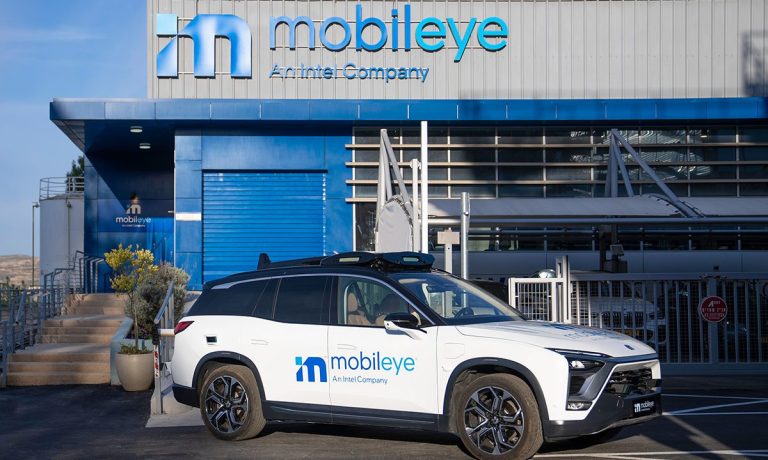Mobileye IPO Paves Way for Wall Street Bets on Autonomous Vehicles

The road to connected cars, to autonomous vehicles, is only as smooth as the technology under the hood, so to speak.
Intel is betting that a spinoff of its own autonomous vehicle unit will, in turn, boost value for its own investors. And in the process, the spinoff lets the Street place its bets more firmly on the emergence of high tech on wheels.
To that end, tech giant Intel is gunning to list shares in the self-driving automotive business by the middle of 2022, according to a company announcement Monday (Dec. 6).
In terms of post-deal structure, Intel will still be the majority owner of the newly-public Mobileye, which indicates that Intel will still have proverbial skin in the game.
Mobileye had been acquired by Intel in 2017, for $15 billion.
Read also: Intel Gets More Into Self-Driving Cars With Mobileye Buy
In terms of the market potential, Intel has estimated the automotive chip market could be worth as much as $115 billion by decade’s end.
At a high level, Mobileye makes chips and software that work with sensors that handle the data flows that underpin autonomous vehicles.
Processing Data Streams Across Sensors
Intel said, in announcing the spinoff, that Mobileye has shipped its 100 millionth EyeQ chip system. The system, as Mobileye notes on its site, helps improve the processing of dozens of sensors, including high-resolution cameras and radars. In an investor presentation last year, Mobileye noted that in autonomous vehicle development, a key concern rests with obstacle classification.
The company’s technologies can help, for example, differentiate a double-parked car from a traffic jam, using clues from the environment, according to materials. Those differences can be determined by using cues from the environment, spanning the behavior of other users on the road, and whether lights are flashing on the object ahead, or doors have been left open.
“Intel has no intention of spinning off or otherwise divesting its majority ownership interest,” said the company in its statement, a nod toward the attraction of sharing in the segment’s financial fortunes. The company said that the Mobileye unit is slated to see revenues grow by more than 40% in 2021.
As to that earlier statement we made about the tech under the hood: Intel has estimated that the share of semiconductors is “expected to be 20% of a premium vehicle’s total bill-of-materials (BOM) by 2030.”
In one recent deal noted earlier in the year, Mobileye said it will be working with Udelv to help drive the production of Udelv’s autonomous delivery vehicles. The vehicles are called “Transporters,” and the partnership will help to produce over 35,000 Mobileye-driven Transporters by 2028.
As reported by PYMNTS, operations will begin commercially by 2023 in what the release stated is likely “the first large-scale deal for a self-driving system and signals that Mobileye Drive is ready for commercial deployment in solutions involving the autonomous movement of goods and people.”
Read more: Mobileye, Udelv Partner On Autonomous Vehicles